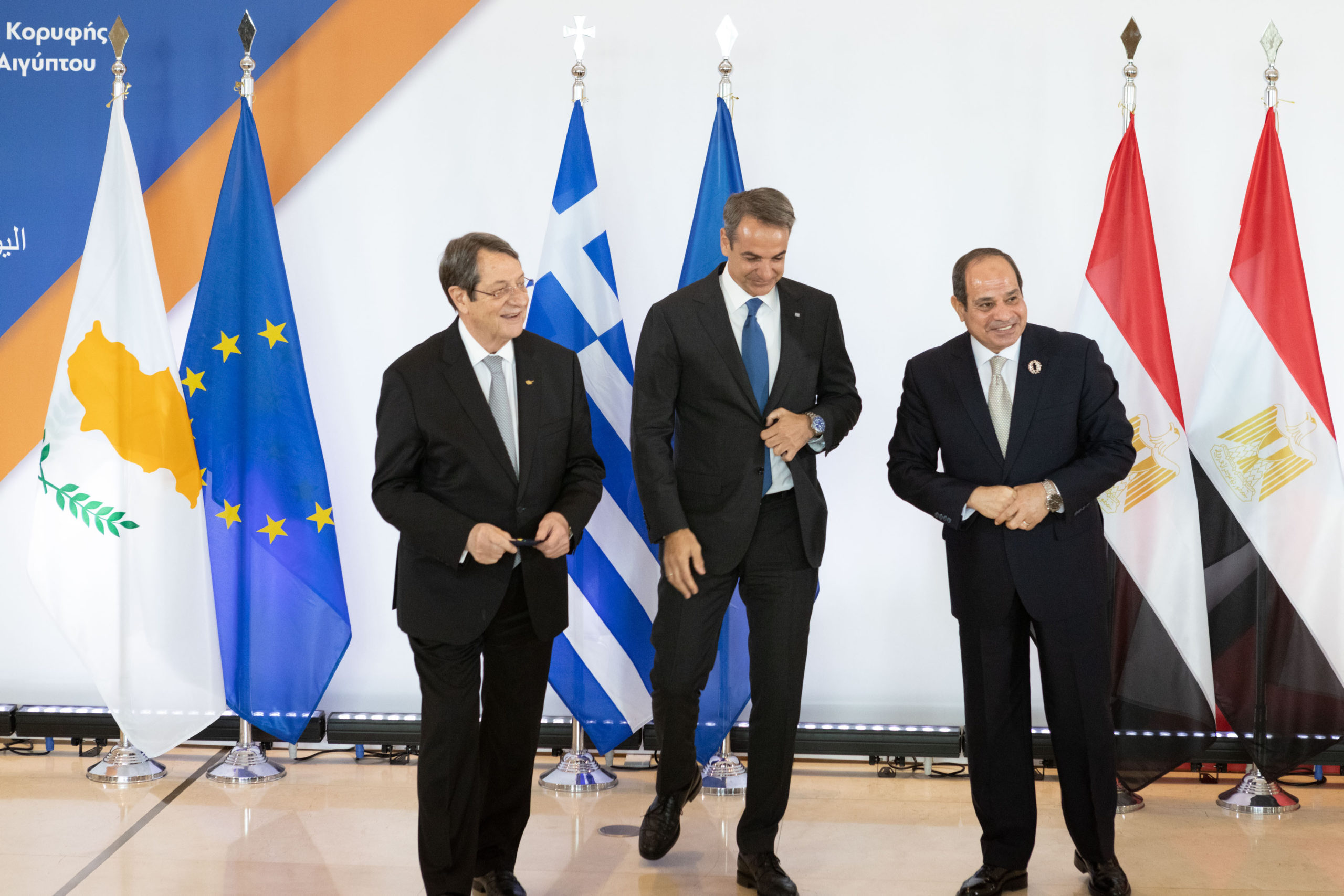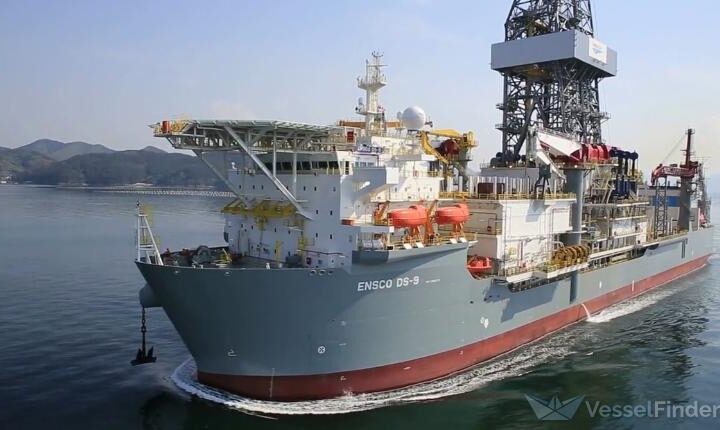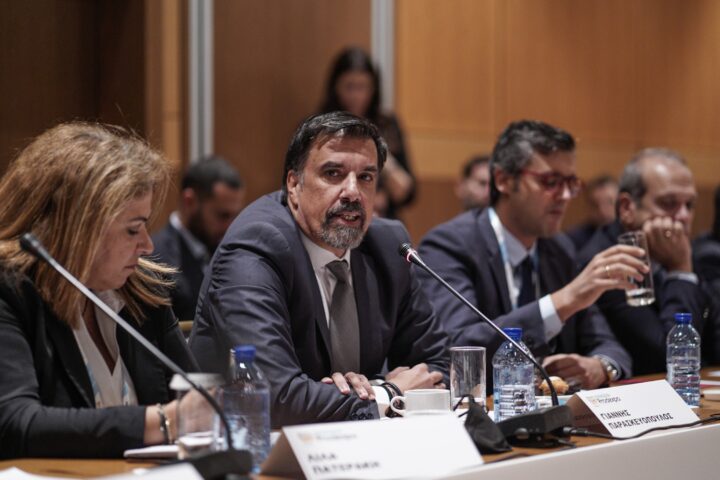The leaders of Greece, Cyprus and Egypt took their electricity and security alliance to the next level, pledging to establish an office to coordinate “issues of mutual interest”.
Speaking after their ninth trilateral summit in Athens, host Prime Minister Kyriakos Mitsotakis, Presidents Nicos Anastasiades and Abdel Fattah El – Sisi said they “reviewed the work in the various areas of our cooperation and noted significant progress has been achieved.”
The three agreed to press ahead with establishing the Permanent Secretariat for the trilateral mechanism between Cyprus, Egypt, and Greece, based in Nicosia.
Two framework agreements were signed on diaspora cooperation and the key electricity interconnector between the grids of Egypt, Cyprus and Greece.
Egypt’s Electricity and Renewable Energy Minister Mohamed Shaker El-Markabi signed separate bilateral MoUs with Greece and Cyprus last week.
As with the earlier ones, this MoU paves the way for the feasibility studies, licensing and permitting of the 1,398km EuroAfrica Interconnector to be fast-tracked.
“This project strengthens our economic cooperation and enhances the security of energy supply, not only of the countries involved but also Europe, as it will create a highway for the transmission of significant amounts of electricity to and from the Eastern Mediterranean,” said a joint declaration.
Referring to the 1,000MW subsea EuroAfrica cable, the three energy ministers added: “the electricity interconnector project, which connects the electricity grids of our countries, constitutes an important component of the strategy to accelerate the development of the Eastern Mediterranean Energy Corridor, providing an alternative source of energy supply from the region to the European continent and vice versa.”
Within the context of bringing Egypt closer to the EU, the three leaders also recognised the urgency to export electricity to Europe, generated from renewables, solar parks, and wind farms.
After the signing ceremony, Pilides said: “Strengthening of the energy cooperation between Cyprus, Greece and Egypt, was high on the agenda of the 9th Tripartite Summit.”
The Greek energy minister Kostas Skrekas said the agreement “marks the momentum of cooperation between our three countries in the critical energy sector”.
“This is a historic agreement, which promotes economic cooperation and energy security, not only between the three countries but also of the whole of Europe, with the transmission of green energy from the eastern Mediterranean.”
Anastasiades said, “the signing of the Cyprus, Greece, Egypt Electricity Interconnection Agreement for the EuroAfrica Interconnector is historic.”
Natural Gas
The three leaders also said they were determined to strengthen their cooperation in the exploration and transportation of natural gas.
“We remain convinced that the discovery of hydrocarbon reserves can serve as a catalyst for regional stability and prosperity.
They welcomed the adoption of the East Mediterranean Gas Forum (EMGF) statute that will unlock the full gas resource potential in the region and monetise reserves.
The three leaders “condemned the illegal drilling and seismic operations by Turkish vessels in Cyprus EEZ/continental shelf, in maritime areas already delimited in accordance with international law.
“And the continuous violations of Greek national airspace and territorial waters in the Aegean Sea.”
In their joint statement, Mitsotakis, Anastasiades and El Sisi “called on Turkey to abstain from provocations and unilateral actions in breach of international law, including harassment of survey vessels licensed by Greece or Cyprus.”
Regarding Varosha, they recalled the Security Council Presidential Statement of 23 July and earlier Security Council Resolutions, which condemned the announcement by Turkish and Turkish Cypriot leaders on the further reopening of a part of the fenced-off area Varosha.
Free elections in Libya
Libya is also a thorny issue on which the three leaders agree.
“We reiterated the importance of maintaining the timetable agreed in the road map for the holding of free and fair elections on 24 December without foreign interference.
“Respect of the ceasefire and the arms embargo, as well as the withdrawal of all foreign forces and mercenaries is indispensable for peace and stability in the country.
“Moreover, the MoU on the delimitation of maritime jurisdictions in the Mediterranean infringes upon the sovereign rights of third states, does not comply with the Law of the Sea and cannot produce any legal consequences.”
Regional security concerns included stability in Afghanistan, a strategic partnership between Egypt and the EU, and that “convening the EU-Egypt Association Council by the end of this year would be a strong and tangible signal of the increased EU engagement and partnership with Egypt.”
The three countries “are situated at the crossroads of three continents and are seriously affected by irregular migration flows.
“We underlined the need for concerted action in this area, noting that smuggling and trafficking networks had proven their resilience in finding alternative routes.
“We also stressed that the instrumentalisation of migration for geopolitical purposes is inhumane and violates human rights, at the same time recognising the value of establishing regular pathways of migration.”
Mitsotakis, El Sisi and Anastasiades said climate change should be a core component of their cooperation agenda and “we remain strongly committed to the implementation of the UN 2030 agenda for sustainable development”.
“The Mediterranean has one of the richest marine and coastal ecosystems in the world, but also one of the most vulnerable. Its rapid degradation requires swift, common and concrete responses.”
The three leaders agreed the next summit would be in Egypt after mid-2022.









